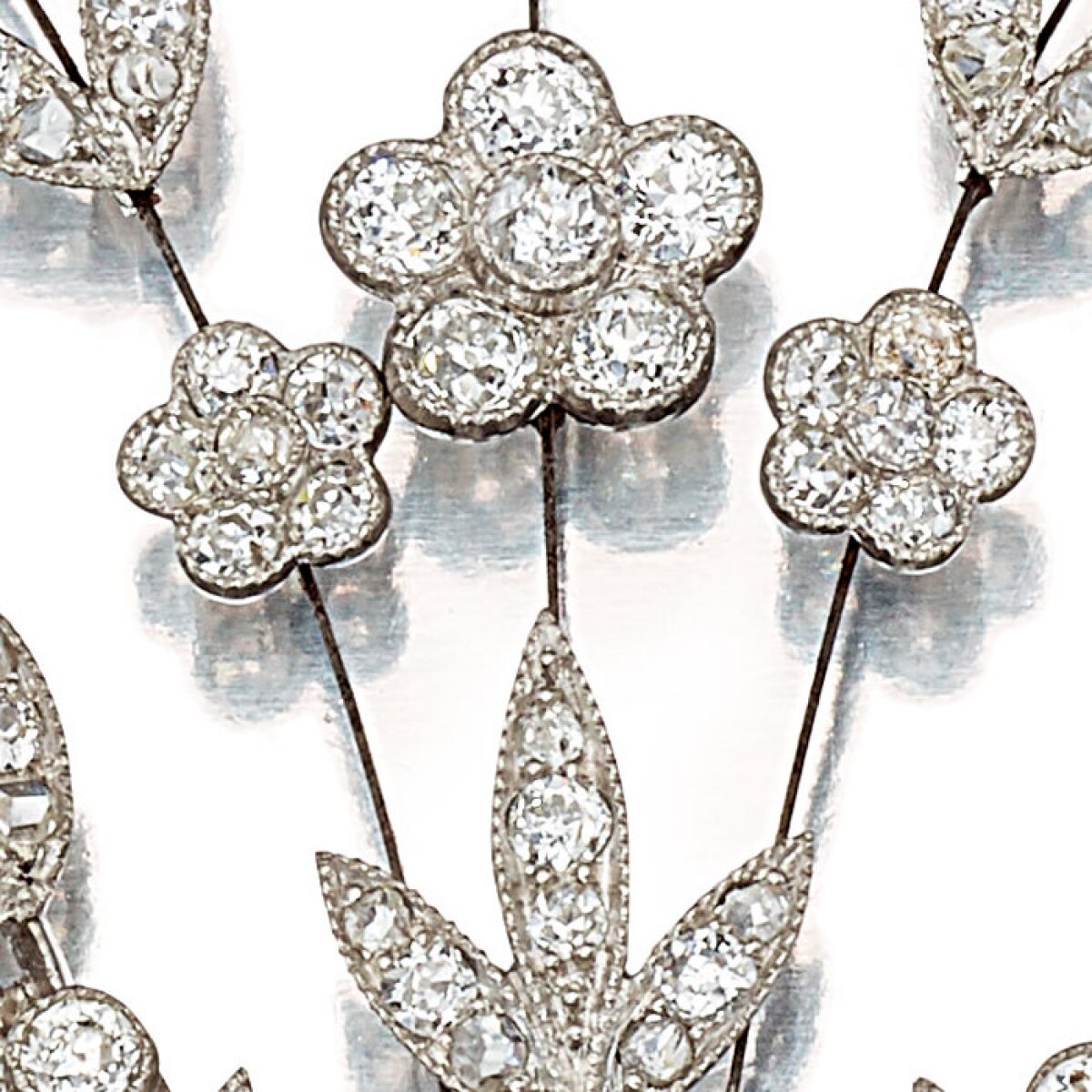The AZ of Jewelry: B is for... Brooch

From humble beginnings as safety pins to elaborate diamond adornments, brooches have come a long way since the Romans utilised the 'fibula' to hold their cloaks together The first recorded brooches were made of twisted thorns and flint, followed by tough metal pins in the Bronze Age Throughout the centuries, brooches have had a special ability to reflect not only the fashions of the time, but also deeper cultural influences.
The mourning brooches of the 18th and 19th centuries, for example, reveal the Georgian and Victorian fascination with mortality, bereavement and the mysticism of the after-life The love between Queen Victoria and Prince Albert signalled a long affair with 'Sweetheart' brooches, which were exchanged as symbols of affection and later gifted by soldiers as they left for WWI Elsewhere, the beautiful micro-gemstone mosaics of 'Grand Tour' brooches signified a widening of the world for late 19th century gentry as they journeyed to Venice, Florence and Rome, while the enduring popularity of cameo brooches kept mythological legends alive with carved stone, and pearls.
Today, the Royal family continue to wear brooches of great cultural and historical significance Pair these infamous diamond designs with the Queen's other prized brooches - Queen Victoria's trio of diamond-set bows, the Prince Albert sapphire brooch and the Duchess of Cambridge pearl brooch - and it's clear that this royal collection is perhaps the finest in the world. . Source